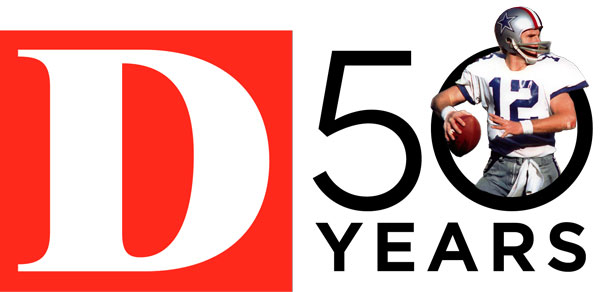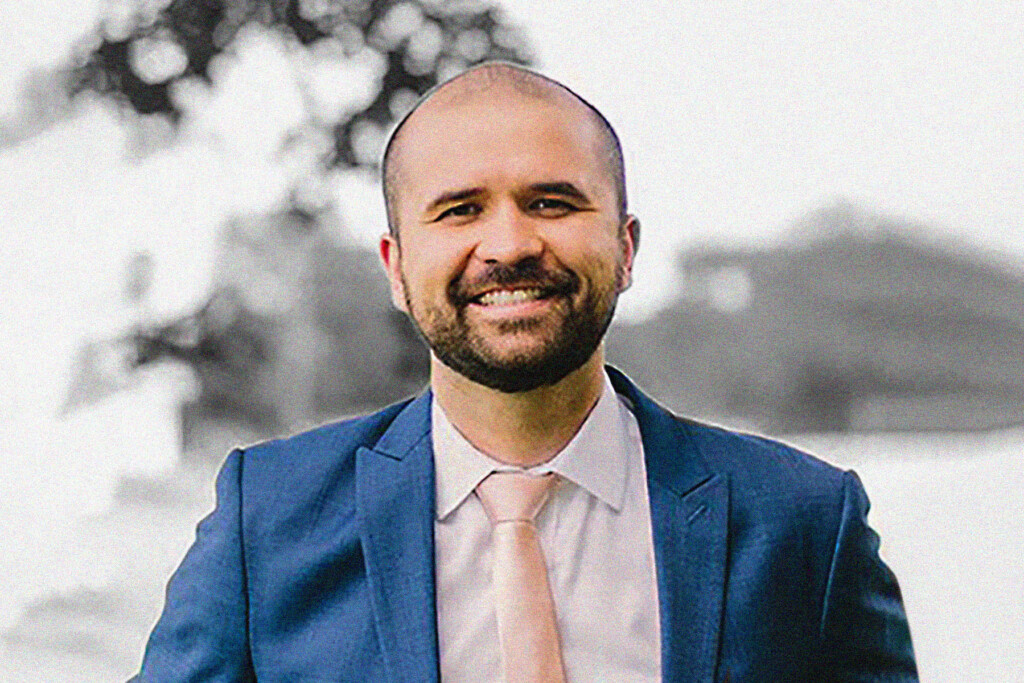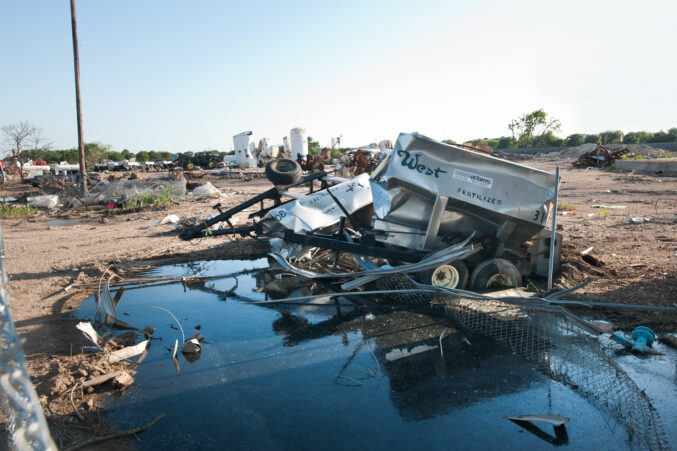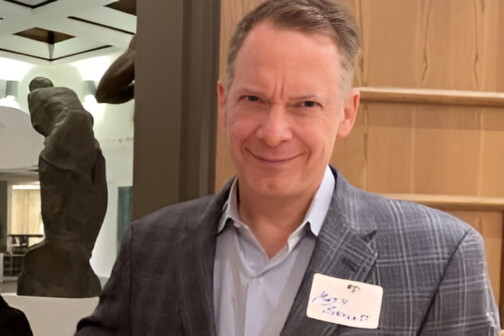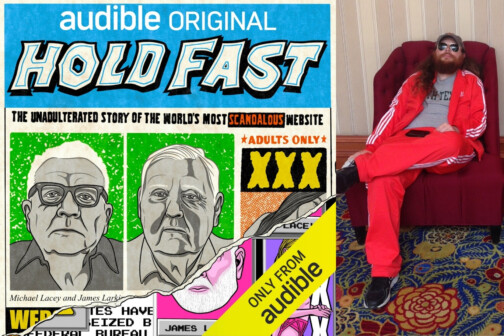It was a Friday afternoon in April 2021 when I learned about the literal pain in my friend Jonathan Tjarks’ ass. It was gloomy outside. But I can’t say I thought too much of it in the moment as I strolled around my house and backyard during a long-overdue phone catchup. After all, Jon didn’t. Some weird long COVID thing, he told me, before filling me in on the bad case he’d had earlier in the year and the series of symptoms that wouldn’t leave him alone: fatigue, dehydration, weight loss, and that stabbing feeling in his backside.
And so we discussed the usual stuff: writing, family, sports, a little media shop talk. All the things we had in common as two same-aged sportswriters from Dallas, him writing basketball for The Ringer, me doing a bit of everything all over the place. Like a lot of friends in the pre-vaccination era, we hadn’t seen each other in person since before the pandemic. Back then, we’d get together for the occasional lunch, reliably texting in between. We’d have to get back to that once he returned to 100 percent.
Which he would, he assured me. Yes, this sucked; no, he didn’t feel great. But it would go away, he said. It would be fine.
✰✰✰
I keep returning to the staggering unfairness of it all: why an otherwise healthy 34-year-old man who’d devoted the last decade of his life to living faithfully and treating people decently would die 16 months after that conversation, leaving behind a wife and a 2-year-old son.
The karmic part, mostly, but the sheer improbably, too—how thoroughly the odds broke against him. It turns out that pain in the ass was Stage IV cancer but not just any kind. It was a sarcoma, part of a family of cancers that, 99 percent of the time, are found only in children and adolescents. Ewing’s Sarcoma, to be specific, of which there are fewer than 1,000 new cases per year in the United States.
What could possibly be the chances?
As it happens, he had the answer: roughly 25 million to 1. Probably more remote than that when you consider that one of his doctors said he’d only seen cancer grow so quickly once throughout decades of practicing. Jon’s wife, Melissa, shared that story on his Caring Bridge page. You’ve almost certainly never met a cancer patient like him, and it’s unlikely anyone you’ve met knows one, either. I presume none of you ever will.
So you can understand my fixation, even as I’m aware there is no satisfactory explanation. The closest one comes from Mavericks digital content manager Bobby Karalla, who was one of Jon’s best friends and a groomsman in his wedding. Jon’s death, Karalla believes, only begins to make sense in the context of the life that preceded it, lived by a man who found God while rolling on ecstasy at an EDM concert and was later plucked from obscurity to emerge as one of the most significant sportswriters to come out of Dallas. How often do you run into someone like that, either?
So, yes: “His whole [death] is one in a million,” Karalla says. But also, “He’s a one-in-a-million person.”
It’s true. I have never known someone quite likeJon, which is the kind of thing usually said referring to a dossier of quirks or talents, because uniqueness so often gets conflated with the exotic. It was much simpler with him—and more profound. In a cynical world, he had an uncommonly beautiful heart and an uncommonly beautiful mind, and he was wholly unafraid to lead with either.
“He doesn’t hide his best qualities,” says Jonny Auping, a frequent D Magazine contributor and another groomsman. “They’re there for people.”
They certainly were for me. We first interacted sometime in 2016, after he shouted out a piece I’d written while working for Vice, a simple hat tip that not enough people do for folks outside their circle. When I was laid off the following year, he told me he’d pray for me. I freelanced for the next 18 months, my byline ping-ponging between outlets and my mental health right along with it. You hunt for lifelines, tiny scraps of hope, when you’re between steady paychecks, and I never forgot the enthusiasm he had when I wrote a few pieces for The Ringer in 2018—that perhaps it meant I could be around there more often with him. It didn’t, but I eventually got back on my feet, and Jon was there for that, too, always eager to lend an ear or offer advice. He was among the first to congratulate me on coming to D and share his insight on managing a team. He later checked back in to gush about us getting Iztok Franko to cover the Mavericks.
In between came longer conversations over food or the phone, for which he was disarmingly present. This was a constant: he was always eager to hear what you thought, how you lived, what you knew. And he remembered just about all of it. “You were never going to talk to Tjarks and think you weren’t getting all of him,” says Tim Cato, a friend and pickup basketball teammate who covers the Mavericks for The Athletic.
Taken in concert, these small gestures had the effect of making you feel seen, heard, acknowledged, looked out for. The truth is I was not terribly important in the grand scheme of Jonathan Tjarks’ world. Yet I never, for an instant, felt less than that in his presence.
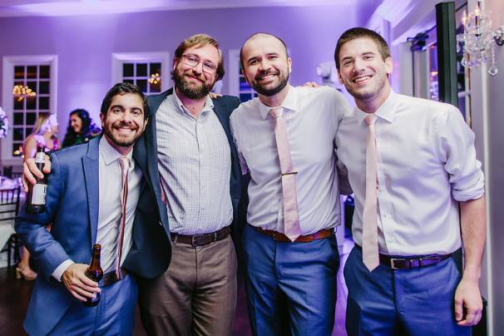
I was far from alone. The breadth of people who mourn him is astounding. The usual suspects—family, friends, coworkers, churchmates—as well as surprising ones. The lawyer who covers Baylor football and conversed with him as Jon underwent chemotherapy. The Sports Illustrated scribe who “vividly” remembers their one in-person meeting for his warmth and kindness. The ex-blogger he barely knew but reached out to anyway because he felt the guy could use someone in his corner. One young writer after another after another who cold emailed hoping for advice and came away with an advocate. These were his friends, too—because, as Auping says, “if they spoke to him, and the conversation even got to what’s going on their life, that person is going to be described as his friend.” And once you were Jon’s friend, he wanted to help you.
I asked Auping about the ways Jon went above and beyond for him. After all, if he gave of himself this freely to anyone who asked, the people he loved must receive something even more incredible.
It turns out I was looking at it all wrong.
“Everybody got that treatment,” Auping says. “That’s why he was special.”
✰✰✰
There was another reason, too. Tjarks was brilliant, the sort of basketball thinker whose ideas—in written and, later, audio form—would earn national acclaim from fans and fellow media alike.
His career began with SB Nation, but it didn’t take off until he started a blog called The Pattern of Basketball midway through the last decade. It was the most aptly named website on the internet because he didn’t examine the sport so much as he intuited it, navigating its rhythms like a river guide who feels the current before everyone sees it.
“A lot of the places the NBA has gone the past decade were a lot of things Jon started talking about before anybody else,” Cato says.
He foresaw the rise of the floor spacing and three-point shooting with the small-ball Warriors six months before the Golden State dynasty won its first NBA championship, in 2015. Then came a fixation on long wing talent. Next was a fascination with hyper-skilled big men. His most recent kick, just after the Lakers won the 2020 NBA Finals, was to declare small-ball extinct a half-decade after he originally called for its arrival. Hence his borderline obsession with Evan Mobley, a bouncy big man from my alma mater, USC, who vacuum-sealed opposing offenses and became a favorite for us to text about. Mobley was selected third overall in the 2021 NBA Draft. By the end of his rookie season, the basketball world had caught up to Jon’s assertion from a year prior that he was the prize of the class.
He had his misses, too. Karalla fondly remembers the time Jon insisted Kyle O’Quinn, a journeyman forward who eventually washed out of the league at 30, would become an All-Star. But those never dissuaded him from thinking unconventionally and writing boldly. As was also the case outside of basketball, Jon was a contrarian: not for the sake of it but because he’d curated his ideologies so carefully, so meticulously, that once he’d arrived at a conclusion, he saw no reason to abandon it.
“It wasn’t basketball analysis,” Cato says. “It was his beliefs about this sport that he loved.”
All of which prompted Bill Simmons, the most popular sportswriter in America and a basketball fan above all, to tap him to join The Ringer when it launched, in 2016. It didn’t matter that Jon was perhaps the least-renowned name on the masthead or that bloggers stopped getting poached by splashy websites a half-decade or so earlier. His writing was so incisive, his ideas so cutting edge, that he forced his way into prominence. The site would grow into a veritable basketball think tank, and Jon among its foremost wonks, the one who held little interest in becoming a star—he unofficially quit Twitter a few years ago, turning his password over to Melissa so she could tweet his articles for him—but burst into one anyway.
“Ten years ago, five years ago, five years from now, 10 years from now, if I’m writing about basketball … I have thought, and I think will continue to think in my head, ‘What would Tjarks notice about this team that I’m not noticing?’” ESPN’s Zach Lowe, the country’s premier NBA writer, said on a recent podcast. “What would he write?”
That none of us will again find out is a tragedy. Our personal loss is also an entire sport’s loss. For that matter, an entire city’s—Jon’s city. He was a St. Mark’s grad who, apart from his college years at UT, spent his whole life here. He rooted for Dirk, dined at Cattleack, played pickup at the Cooper Clinic.
And it’s because he’s a Dallasite that I assume he understood what every young sportswriter finds out sooner or later. That, despite this being the country’s fifth-largest media market, few national sports writers put down roots here and even fewer do so without having football somewhere in their job description.
So it mattered that Jon came of age here, grinding out game after thankless game in the 300-level press box at the American Airlines Center. It mattered even more that he stayed here—built a life here, started a family here—when his profile rose. It meant that a Dallas guy finally sat alongside the cavalcade of New York guys and Philly guys and Boston guys and Chicago guys. When the Mavericks traded up to select Luka Doncic in the 2018 NBA Draft, there was Jon furiously pumping his fist and war whooping on The Ringer’s draft show, a proxy for the thousands doing the very same in front of TV sets across North Texas. When Dirk retired the following year, he explained to his sprawling readership the relationship between this city and its most beloved star, teaching them about Dallas’ history and demographics and transplant culture along the way.
Wittingly or not, he was our conduit to a sports audience that often had little reason to consider Dallas and even less to understand it. Jon was helping change that. And he left a blueprint behind.
“It makes it seem like you can be from anywhere,” Auping says. “Anybody that wants to be him or a basketball writer, they don’t have to be from L.A., or New York, or related to Bill Simmons, or whatever.
“They can just do what he did.”
✰✰✰
There’s one other memory that sticks out from our conversation that April. Midway through the call, when the topic shifted to writing, I took stock of what we’ll leave behind.
“No one is going to remember a damn thing we write after we’re gone,” I remember telling him, to which he let out a cackle. But he agreed. We both understood the impermanence of what we do, the slipperiness of each word.
Jon was wise enough to live accordingly. In an interview a month before his death, he spoke of what would outlast him. “Thirty-four years from now, what’s going to be meaningful? It’s going to be the relationships I had,” he told Chris Carrino, the radio voice of the Brooklyn Nets. “Those are going to be the people who still remember.”
His legacy is his wife and his son and his extended family and the impact he had on friends like me along the way, the vast ocean of us.
“Jon is not changing the world, but he changed a lot of people’s lives on an individual scale,” Karalla says. “His effect in the micro is just so unbelievable to see.”
But I hope there is a macro, too. That his words and ideas and the brave spirit behind them continue to resonate and be celebrated for what they were: part of the living record of a one-in-a-million person. “Everything else kind of goes,” Jon went on to tell Carrino, but maybe this doesn’t have to. We shouldn’t let it.
Because Jon was wrong about one thing on our phone call—the most important thing. He wouldn’t be fine. When it comes to his words, he deserves to be wrong about that, too. Let’s remember them.
Donations to Jonathan Tjarks’ wife and son can be made here. A celebration of life will be held on Friday. Details can be found on the family’s Caring Bridge page.
Get the ItList Newsletter
Author

